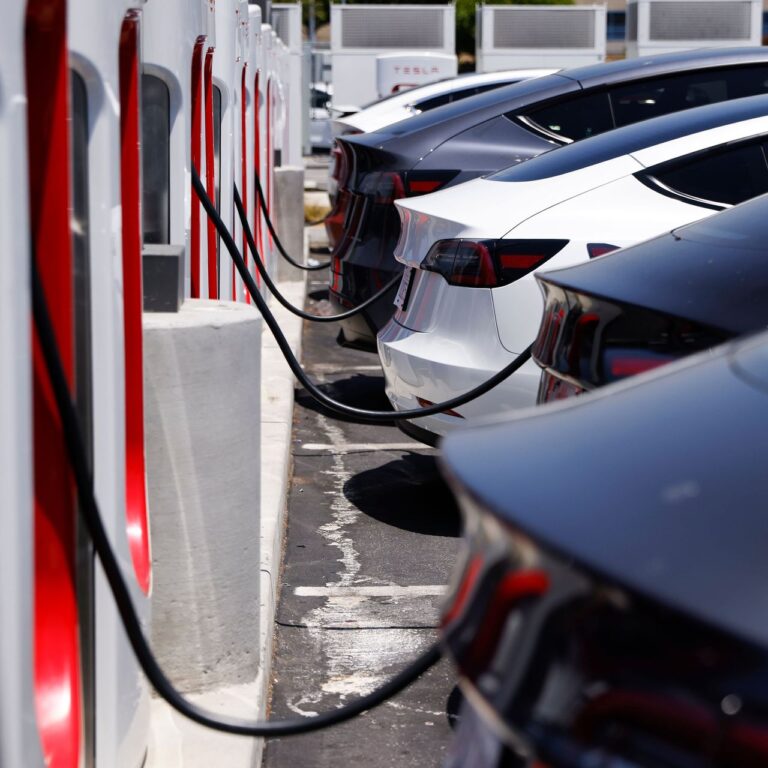Why EVs might not rule the roads of India

The global narrative surrounding electric vehicles (EVs) paints a picture of a cleaner, greener future. However, in India, the world’s largest two-wheeler market and a rapidly growing car market, the EV revolution faces a unique set of challenges that might keep it from reaching its full potential. While EVs hold immense promise, widespread adoption in India appears to be a distant dream, at least in the immediate future. Here’s a deeper look at the roadblocks hindering India’s journey towards an electric future:
Infrastructure Challenge:
One of the biggest hurdle faced by EV users is the lack of charging points across the country. Unlike the ubiquitous presence of petrol pumps, charging points are sparsely distributed across the country. This lack of infrastructure creates a fear known as “range anxiety” – the fear of running out of range/battery before reaching the next charging station. Because of this travelling long distances becomes a gamble and spontaneous road trips remain a luxury for EV owners. The only way to tackle this situation is by setting up more charging points across the country which requires a lot of time and investment
The Affordability Conundrum:
While EV’s may be cheaper to use in the long term due to lower cost of electricity as compared to gasoline, the upfront cost presents a significant barrier for most Indian consumers. The high cost of batteries, a crucial component of EVs, directly translates to a higher price tag compared to gasoline vehicles.
The Power Paradox:
A significant portion of the country’s electricity still comes from coal-fired power plants. This means that until India transitions to a cleaner energy mix dominated by renewable sources like solar and wind power,the environmental benefit of EVs might be diluted. The environmental impact of an EV charging with coal electricity is the same as that of a gasoline-powered car.
Beyond Cars:
While cars gain most of the attention while talking about EV’s, India’s two wheeler market dwarfs the car market in terms of volume. Electric two wheelers are gaining attention for their speed, range and fuel cost efficiency. But again the issue of affordability and charging infrastructure limitations remain concerns.
The Second-Life Blues:
A major concern regarding EV’s are its used batteries. As batteries age and lose capacity, they eventually reach the end of their usable life in a vehicle. Proper and environmentally responsible recycling of these batteries is crucial to avoid potential environmental damage caused by improperly discarded batteries containing hazardous materials. However developing a EV battery recycling in India is still in its early stages. Without a solution, this issue would affect the environment in the long run and question the environmental benefits of EV’s
Future of transportation in India is likely to be a hybrid one in the coming years. Internal combustion engine vehicles will co-exist with EVs for some time to come. EVs hold immense potential, but for them to truly take charge on Indian roads, significant hurdles need to be addressed such as the infrastructure, affordability, electrification of public transportation, etc. For now PHEV(Plug in hybrid vehicles) is a good start towards the electrification of transportation in india.
The Road Ahead:
Despite all these challenges, India is not sitting idle. The government has taken significant steps to promote EVs, offering subsidies for manufacturers and buyers. Efforts are also underway to reduce the prices of EV’s and improving charging durations.In order to address a significant shift in the transportation landscape, a multi-pronged approach is needed.
Firstly, the government needs to invest more in cleaner energy sources such as solar and wind power to ensure that EV’s are truly contributing to a greener future. Build more charging points across highways, cities and rural areas. Incentivizing a wider range of consumers will be achieved by making EVs more affordable through government subsidies, tax breaks, and manufacturer cost reductions. To ensure the long-term sustainability of electric vehicles in India, it is crucial to develop a robust battery recycling infrastructure. Lastly, addressing the electrification of the public transport sector necessitates a unique approach. By exploring options like electric buses with battery swapping technology or hydrogen fuel cell technology, viable solutions can be discovered.
– Shyam Vinod
The Arguables. All rights reserved. 2024


